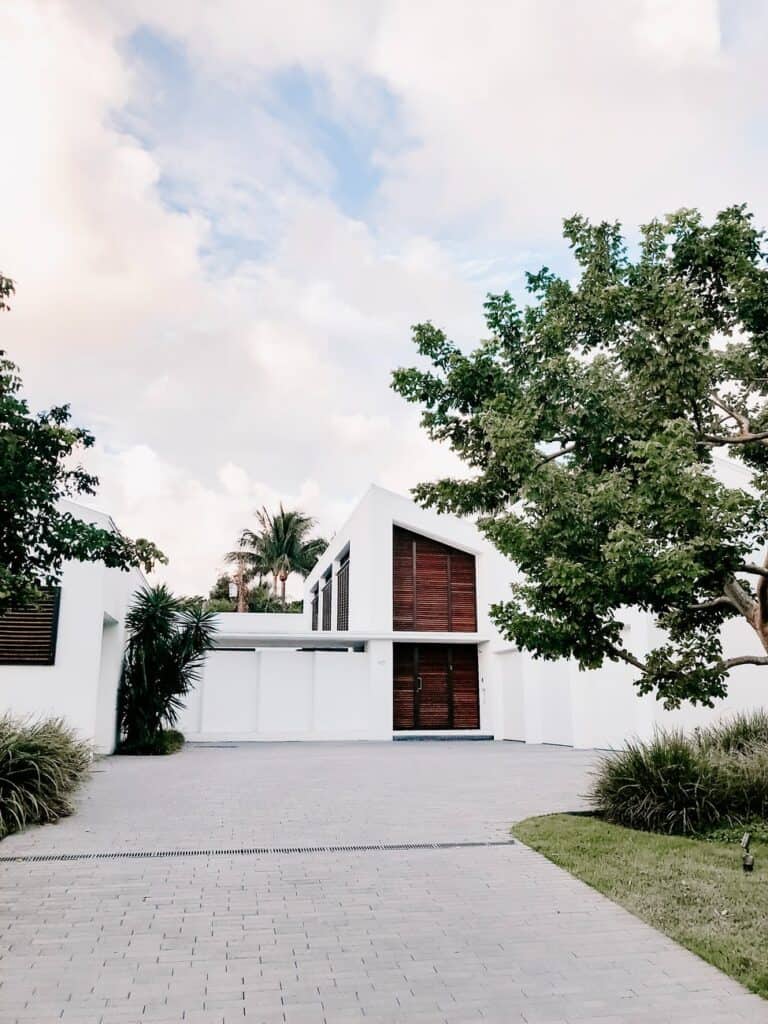Who wouldn’t want the idea of buying your first property? We all have different reasons why we want to purchase it. Regardless if your purchase is for your business or personal needs, we all want to be ready!
Ready for what? That’s a good question. We often think of the financial aspect but there are other things you need to consider when buying your first property.
It’s a matter of fulfilling its purpose, and finishing the contract to call it your own.
If you’re having these thoughts lately, here are some questions you can ask yourself.
What’s the purpose of buying your first property?
You can simply answer that it’s to purchase your house. That’s a good idea but many people venture into real estate for other reasons.
Personal Property. Your dream house is within reach. If you aspire to have a permanent address, you might as well buy a house
Rental Property. Metro Manila and other big cities in the Philippines are becoming notorious for heavy traffic. It’s not a bad sign at all. It indicates growing economic activities and job opportunities. This is why some people purchase condominium near business centers.
Commercial Space. Some people look into the potential of space or lot that can later be turned for commercial space. These are areas near schools, markets, church, malls, etc.
Retirement Property. It is often known as rest house, in which areas are in hometown or any place considered paradise. While the owner still resides elsewhere, it’s converted to a resort, vacation house or others.
Where should you buy your first property?
Now that you have identified the purpose of your purchase, you can easily choose the location of your first property.
Honestly, I have seen so many friends who bought a house because of the low monthly fee. After 10 years, they ended up regretting and selling it at a lower price.
It’s not the situation all the time. Some are still able to sell it at a higher price. However, the hassle of going through selling and finding buyers can be prevented.
Your location depends on your preference, purpose and financial capabilities.
- Personal Property. Is this city where I wish to live for a long time?
- Rental Property. Do I have potential clients or customers in this area?
- Commercial Space. Do I see any potential markets or business ventures?
- Retirement Property. Is this location safe and accessible?
Other considerations
- Avoid flood-prone areas. Do your research and read news regarding the area.
- Check if it’s accessible to school, mall, public transportation, and others.
- It’s a bonus if there’s a near police or barangay station.
- Look for possible warning or hindrance to your purpose. Some developers or associations don’t allow rental.
How much do you need when buying your first property?
Good question! Are we financially capable to purchase a property? There will be four types of charges or amount you need to consider.
- Down payment. Your initial payment is considered to be your cash out so you can transfer to your property. Each developer has their own policy regarding this but mostly, it’s 20% to 40% of the property price. Some of them are in installments (12 months to 60 months) but most RFO (Ready for Occupancy) requires spot or full down payment (starts at P100,000).
- Monthly amortization. Whether it’s for the down payment or not, there will be a fixed amount of payment that you need to consider. You have to check whether you’re capable to pay for this. It’s also advisable to prepare at least six months of your amortization as an emergency fund.
- Transfer fees. This is highly dependent on terms and conditions of the contract. Some do not have transfer fees but others have. They often call it “hidden charges” so it’s better to ask for this immediately.
- Miscellaneous fees. These are the other fees you have to know such as association dues, tax, insurance, maintenance, and others.
The idea is to calculate the average amount you need monthly, and keep at least 6 months of emergency fund in your account. In case of emergencies such as sudden job loss, or sales profit problems, you will be able to cover your fund.
Should I take Pag-IBIG, in-house financing, or bank loan?
Consider this in the early stage of your purchase. Will you like to take Pag-IBIG housing loan? If so, go directly to your nearest Pag-IBIG branch and ask for requirements.
Does your developer offer in-house financing? If yes, ask for the interest rates and compare them immediately.
Will you choose bank loan? If so, do you have any bank in mind that will offer or approve your bank loan? Better apply to the bank where you have a good relationship with in terms of savings, loans, and credit card.
Warning: Run away from “too good to be true” deals.
It’s so easy to fall into promos or sales because they seem attractive and affordable. However, you must take real investment seriously.
If you’re not certain, feel free to read reviews of the land developer. Not because it’s affordable, it means you have to get it.
You have to read reviews, consult other buyers, consider your situation, and prepare for emergencies.
One example is 6K deal monthly amortization. You will get very excited to enter into contract not knowing that lumpsum amount is scheduled in the 12th, 18th, and 24th month. You’ll end up losing whatever you paid since most of them are refundable.
Don’t get pressured by your family, circle of friends, and co-workers.
Assess your situation and ask yourself if you’re ready to buy it. After all, it’s yours and no one can decide for yourself but you.
Questions? Comment below.










